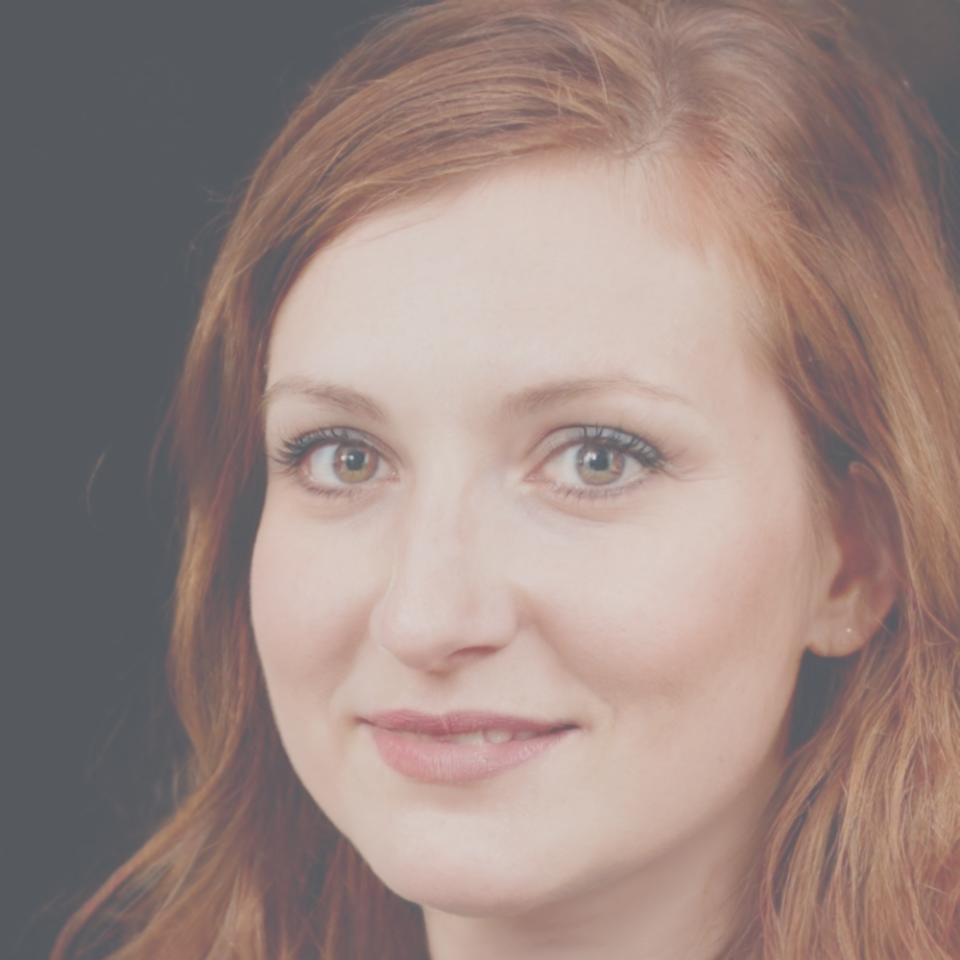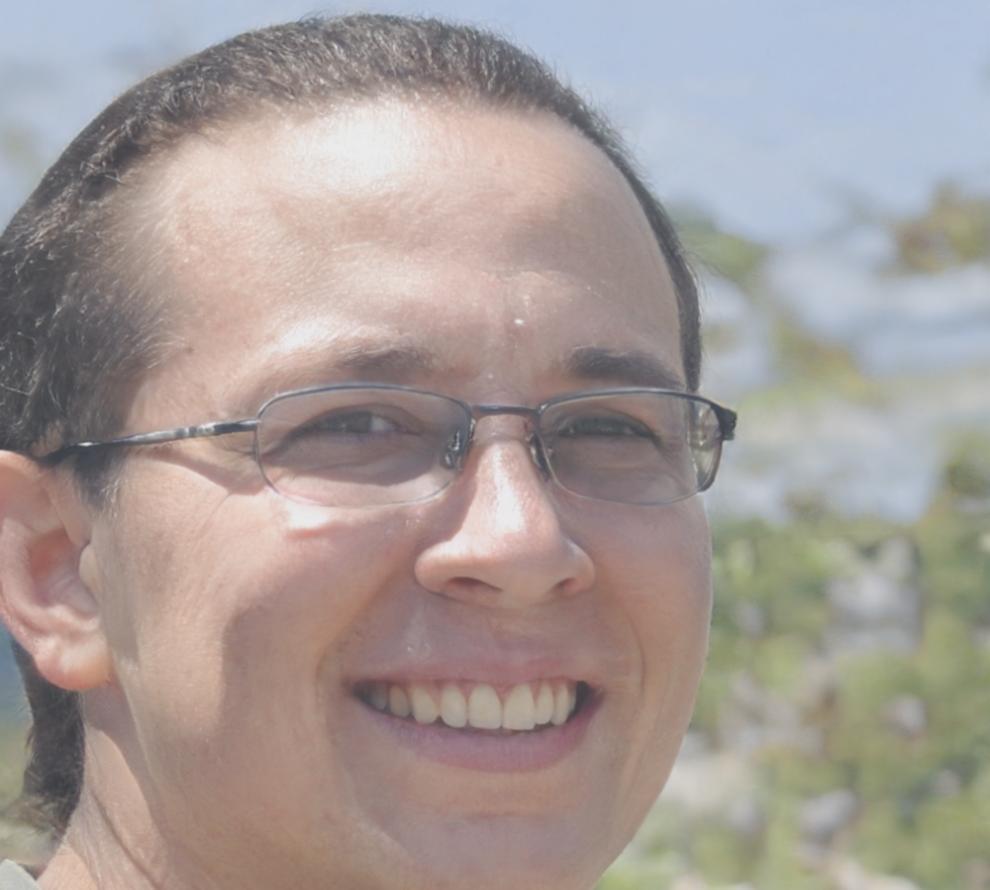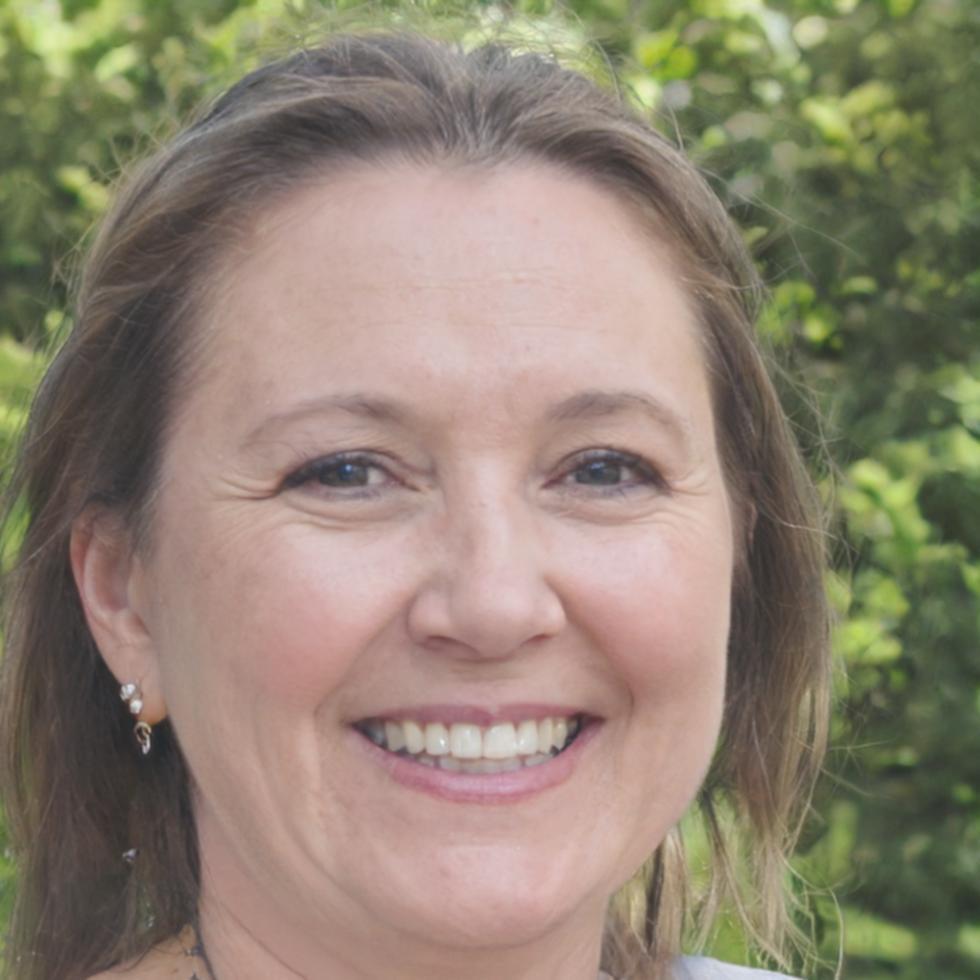Master Personal Budgeting Through Real Practice
Join our comprehensive learning program starting September 2025. Build actual budgeting skills through hands-on projects, real scenarios, and expert mentorship.
Apply for September CohortYour Learning Journey: 16 Weeks to Financial Confidence
Our program takes you from budgeting basics to advanced financial planning. Each module builds on the previous one, with real projects that create your personal financial toolkit.
Financial Foundation & Goal Setting
Start with understanding your current financial picture. Learn to track expenses accurately, identify spending patterns, and set realistic financial goals. You'll create your first budget using proven methods that actually work.
Advanced Budgeting & Emergency Planning
Master different budgeting approaches like zero-based budgeting and the 50/30/20 rule. Build your emergency fund strategy and learn how to handle irregular income. Practice with real scenarios that test your skills.
Investment Basics & Long-term Planning
Understand investment fundamentals without the sales pitch. Learn about retirement accounts, basic investment types, and how to balance saving with investing. Create your personal investment timeline.
Real-World Application & Mastery
Put everything together with complex scenarios. Handle financial surprises, adjust budgets for life changes, and create your personalized financial system. Graduate with tools that work for your specific situation.

What Students Achieve in 16 Weeks
These numbers come from our 2024 graduates who completed all program modules. Results reflect actual student outcomes, not promises or guarantees.
Master Personal Budgeting Through Real Practice
Join our comprehensive learning program starting September 2025. Build actual budgeting skills through hands-on projects, real scenarios, and expert mentorship.
Apply for September CohortYour Learning Journey: 16 Weeks to Financial Confidence
Our program takes you from budgeting basics to advanced financial planning. Each module builds on the previous one, with real projects that create your personal financial toolkit.
Financial Foundation & Goal Setting
Start with understanding your current financial picture. Learn to track expenses accurately, identify spending patterns, and set realistic financial goals. You'll create your first budget using proven methods that actually work.
Advanced Budgeting & Emergency Planning
Master different budgeting approaches like zero-based budgeting and the 50/30/20 rule. Build your emergency fund strategy and learn how to handle irregular income. Practice with real scenarios that test your skills.
Investment Basics & Long-term Planning
Understand investment fundamentals without the sales pitch. Learn about retirement accounts, basic investment types, and how to balance saving with investing. Create your personal investment timeline.
Real-World Application & Mastery
Put everything together with complex scenarios. Handle financial surprises, adjust budgets for life changes, and create your personalized financial system. Graduate with tools that work for your specific situation.

What Students Achieve in 16 Weeks
These numbers come from our 2024 graduates who completed all program modules. Results reflect actual student outcomes, not promises or guarantees.

Jiwon Park

Minho Chen

Sora Kim

Program Information & Enrollment
Ready to Build Your Financial Confidence?
September 2025 applications are now open. Start building the budgeting skills that will serve you for decades.
Submit Application
Jiwon Park

Minho Chen

Sora Kim

Program Information & Enrollment
Ready to Build Your Financial Confidence?
September 2025 applications are now open. Start building the budgeting skills that will serve you for decades.
Submit Application